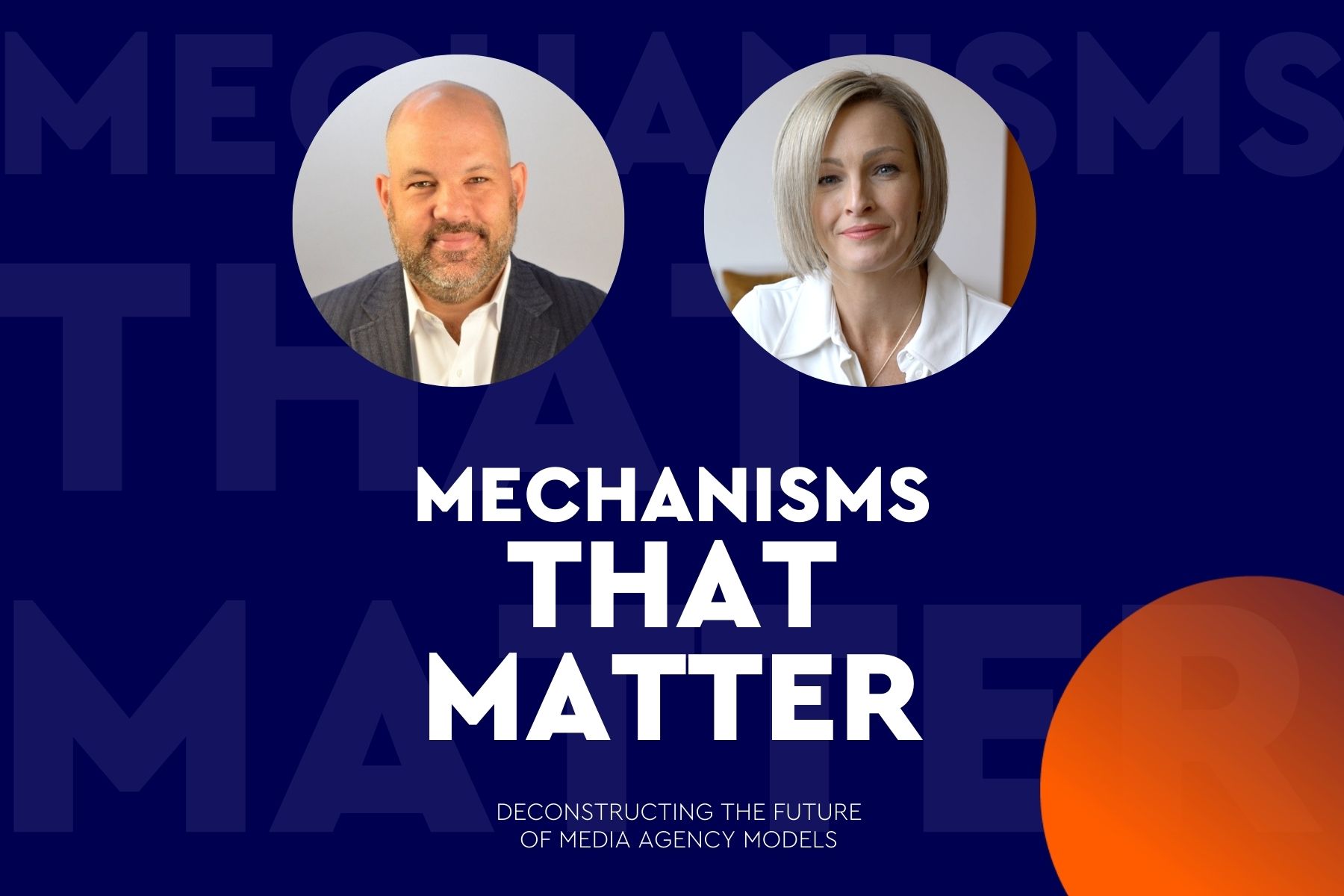
Who cares and who does?
Kantar outlines research on the consumer response to plastic waste
Whether it’s through the influence of the media, or public demonstrations against climate change, the impact of plastic on the environment has captured the attention of consumers worldwide.
The Fast Moving Consumer Goods (FMCG) industry is facing its own battle with plastic, and public outcry has led to a response from some of the most prominent brands around the world. Supermarket chains have done away with single-use plastic bags, while many manufacturers have taken steps to reduce or remove plastic packaging at point of sale or in their supply chain.
In collaboration with Europanel and GfK, Kantar surveyed more than 65,000 people in 24 countries – exploring how they feel about the use of plastics by FMCG companies.
The research found that nearly half (48%) of all consumers worldwide expect manufacturers to take the lead, saying they have the most responsibility to act on these issues. And making changes to take account of consumer opinion is clearly a matter of when, rather than if, for all businesses.
Four unique customer segments emerged from the results of the survey:
- Eco Actives: vocal advocates of environmentally-friendly behaviour on social media
- Eco Believers: take some actions to reduce their environmental impacts but less frequently than Eco Actives
- Eco Considerers: take infrequent actions to reduce their plastic waste but are faced with other challenges that make convenience their priority
- Eco Dismissers: have little to no interest in the environmental challenges faced by the world and are making no steps to improve
Each one highlights how different sections of the global population view environmental challenges and how their viewpoint impacts the choices they make in-store. With Eco Actives making up 16% of all shoppers, we predict this group will continue to expand in the future as awareness grows.
Only a few brands are currently offering products targeting the Eco Actives group, but Kantar’s study shows there is high demand for eco-friendly products that are competitively priced and readily available. Consumers are often not willing to pay more for these products and the most engaged group does not necessarily have a higher income than others. The responsibility, therefore, is on manufacturers to offer a competitively priced option.
The study identifies key actions that manufacturers and retailers should focus on if they are to meet these new consumer demands.
Manufacturers should:
- Replace and remove plastic from products in as many cases as possible – and position the “no plastic” message alongside other benefits, such as natural ingredients
- Focus on communicating brand activities to the end consumer, such as through on-pack or point-of-sale materials. There is an open space here for manufacturers to own
- Tailor messages to address the different local concerns that are critical to consumers by market
Retailers should:
- Start by removing packaging from products in the fresh aisles
- Push reusable bags and charge for plastic ones in Latin America and Asia, in the markets not already doing this
That said, retailers and manufacturers can’t expect consumers to jump to their brand purely for their green credentials – and being green or sustainable means different things in different markets.
By understanding the green gap between those who say they care, and those that actually do something about it, we can unlock the opportunities of environmental concern and help brands play an important role in shaping our future planet.
For more in-depth insight read Kantar’s consumer response to plastic waste
published on
24 September 2019
Category
More in Communications

Rebranding cancer: how brands heal and hurt
Along with consumer brands, the ‘brand’ of condition or event influences us.

Mechanisms that Matter – Inside WPP | Ford’s revolutionary marketing model
How a process created on the factory floor over 70 years ago has transformed ops for the auto giant

How to build your brand in-game
A new research report from WPP and SuperAwesome

